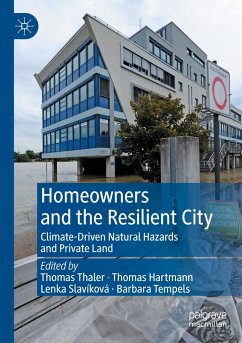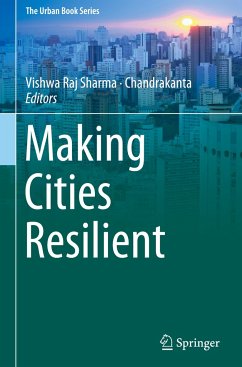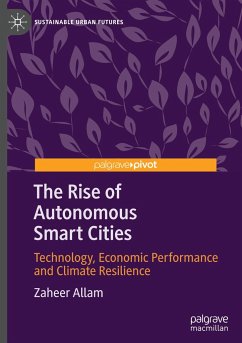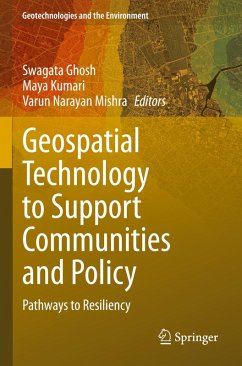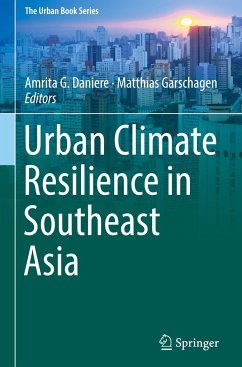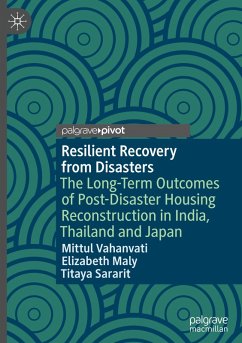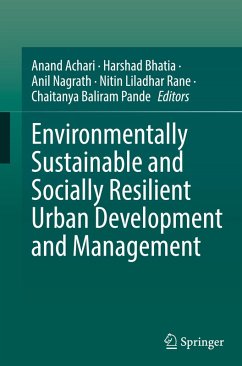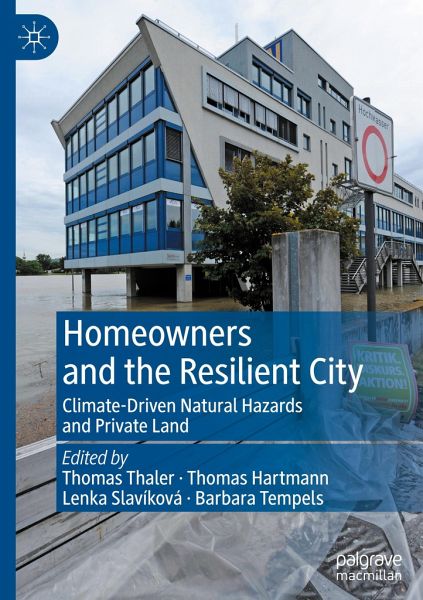
Homeowners and the Resilient City
Climate-Driven Natural Hazards and Private Land
Herausgegeben: Thaler, Thomas; Hartmann, Thomas; Slavíková, Lenka; Tempels, Barbara

PAYBACK Punkte
53 °P sammeln!
This book provides an important overview of how climate-driven natural hazards like river or pluvial floods, droughts, heat waves or forest fires, continue to play a central role across the globe in the 21st century. Urban resilience has become an important term in response to climate change. Resilience describes the ability of a system to absorb shocks and depends on the vulnerability and recovery time of a system. A shock affects a system to the extent that it becomes vulnerable to the event. This book focus examines how private property-owners might implement such measures or improve their ...
This book provides an important overview of how climate-driven natural hazards like river or pluvial floods, droughts, heat waves or forest fires, continue to play a central role across the globe in the 21st century. Urban resilience has become an important term in response to climate change. Resilience describes the ability of a system to absorb shocks and depends on the vulnerability and recovery time of a system. A shock affects a system to the extent that it becomes vulnerable to the event. This book focus examines how private property-owners might implement such measures or improve their individual coping and adaptive capacity to respond to future events. The book looks at the existence of various planning, legal, financial incentives and psychological factors designed to encourage individuals to take an active role in natural hazard risk management and through the presentation of theoretical discussions and empirical cases shows how urban resilience can be achieved. Inaddition, the book guides the reader through different conceptual frameworks by showing how urban regions are trying to reach urban resilience on privately-owned land. Each chapter focuses on different cultural, socio-economic and political backgrounds to demonstrate how different institutional frameworks have an impact.





